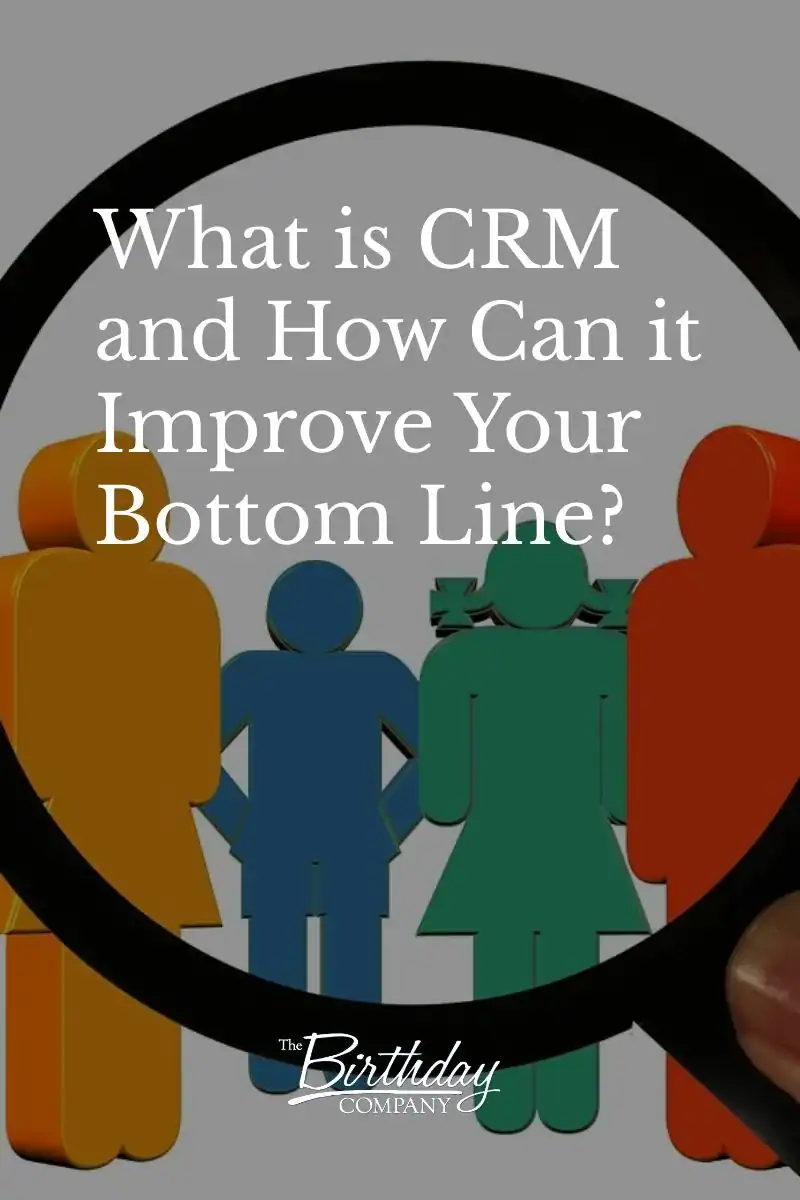In the world of fast-moving and time-constrained professional communication you can get lost in the acronyms of the trade; so what is a CRM anyways? Every company will inevitably lose customers over time, but there are processes you can implement to improve your customer engagement, loyalty, and retention.
Having a strong system in place for customer relationship management is the easiest way to do this. Of course, this may leave you wondering: “what is customer relationship management exactly”? With a strong CRM process in place, you could see huge differences in your customer satisfaction and improved sales as a result.

What is customer relationship management (CRM)?
Customer relationship management (CRM) is used to collect information about your customers’ interactions with your business to help you improve customer experience. Companies that provide customers with a positive experience are much more likely to benefit from increased sales and customer retention.
CRMs create an image of the entire customer lifecycle and collect data about your customer from your marketing efforts, sales, and their engagement with your customer service.
There is an array of tools available that your business relationship manager can use to help understand customer relationships. These tools build the full picture of your customer experience and track and measure customers’ engagement and opinions on their interactions with your business. You can then use this data to find the areas you need to work on.
This helps improve customer retention and loyalty since you can find find and address problems before your customer stops doing business with you.
What are the different types of CRM?
There are various types of CRM. Many CRMs systems focus on the following main types:
Operational
Operational CRM systems generally focus on sales, service, and marketing. They look at past data to improve lead generation and increase sales. They also focus on improving efficiency so you can use your resources in the areas that require the most improvement.
Analytical
Analytical CRMs focus on analyzing data and trends so you can better understand customers’ wants and needs in order to directly address them. One of the main goals is to improve customer satisfaction and get ahead of your competition.
Collaborative
Collaborative CRM involves companies and businesses sharing customer data and the recent trends in customer business relationships to give businesses a more comprehensive view of customer trends, wants, and needs. It aims to help companies create exactly what customers are looking for, so it’s suitable for industries that make innovative and new products.

What are the benefits of having a customer relationship management system?
A business relationship management process or system can help you with:
Generating leads and converting potential customers
You can use CRMs to help you generate new leads and convert by tracking engagement with your email funnels, social media advertising, referral programs, or any other methods you use to attract new customers. They can help you identify the areas that are working well and those that need improvement.
You can create better marketing campaigns with clear goals and better results by understanding how your customers interact with your marketing efforts.
Building relationships with customers
CRM helps you build relationships with your most valuable customers. When you collect information about your customer, you better understand their preferred communication and the types of communication they respond best to.
You can focus your attention on your most engaged customers to build the relationship and encourage them to repeat business with you. Since repeat customers are likely to spend 67% more than new leads, this can have a great financial benefit to your business.
Improving your customer service
The information you can gain from your CRM can help you better understand your customers’ wants and needs to ultimately increase customer satisfaction.
Improves customer retention
CRMs help you see the moment when customers stopped using your business so you can spot problems and provide solutions straight away. Improving your customer retention rates can increase your profits by 25%.
Final thoughts
Hopefully, you now have a better idea of what customer relationship management is and the benefits it can have in your business. There are many different types of customer relationship management, so you can choose the one that best fits your business needs.
Customer business relationship management platforms are the perfect tools if you want to understand your customers better and provide the best service. This helps to ensure they keep coming back to you, increasing customer retention and sales in the process.
Sources:
https://www.thebalancesmb.com/crm-customer-relationship-management-2947184
https://www.forbes.com/sites/forbesagencycouncil/2017/10/24/why-is-customer-relationship-management-so-important/?sh=4cc5f59a7dac
https://www.businessnewsdaily.com/15957-small-business-customer-relationship-management.html
https://www.techtarget.com/searchcustomerexperience/definition/CRM-customer-relationship-management
https://www.constantcontact.com/blog/repeat-customers/
https://media.bain.com/Images/BB_Prescription_cutting_costs.pdf
